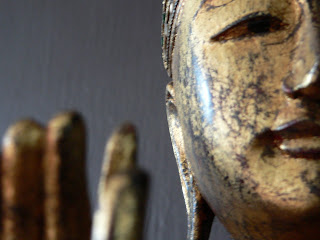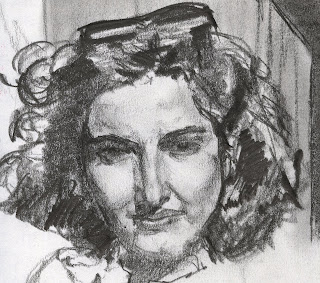At the 2000 World Education Forum in Dakar (Senegal), governments, organizations, agencies, groups and associations pledged themselves to
achieve six goals on education for all by 2015. What are the principal developments since then in each one of these?
1. Expanding and improving early childhood care and educationEarly childhood care and education programmes improve children’s health, nutrition, well-being and cognitive development. They offset disadvantage and inequality and lead to better achievement in primary school. The comprehensive care and education of children below age 3 remains a neglected area. Although child mortality rates have dropped, a majority of countries are not taking the necessary policy measures to provide care and education to children below age 3.
The provision of pre-primary education for children aged 3 and above has improved but remains scarce across sub-Saharan Africa and the Arab States. Early childhood care and education programmes generally do not reach the poorest and most disadvantaged children, who stand to gain the most from them in terms of health, nutrition and cognitive development.
2. Ensuring access to free and compulsory primary educationAccess to and participation in primary education have sharply increased since Dakar, and the number of out-of-school children dropped from 96 million to 72 million between 1999 and 2005.
Twenty-three countries that lacked legal provisions for compulsory education in 2000 have since established them. Compulsory education laws now exist in 95% of 203 countries and territories.
The global net enrolment ratio rose from 83% to 87% between 1999 and 2005, faster than from 1991 to 1999. Participation levels increased most rapidly in sub-Saharan Africa (23%), and South and West Asia (11%). The number of out-of-school children dropped by 24 million to 72 million between 1999 and 2005. Thirty-five fragile states account for 37% of all out-of-school children.
Despite overall enrolment increases, subnational disparities in school participation persist between regions, provinces or states and between urban and rural areas. Children from poor, indigenous and disabled populations are also at a systematic disadvantage, as are those living in slums. On current trends, 58 out of 86 countries that have not yet reached universal primary enrolment will not achieve it by 2015.
3. Ensuring the learning needs of young people and adultsThis goal has been particularly neglected, in part because of the difficulty of defining, documenting and monitoring it. Many young people and adults acquire skills through informal means, or through a great variety of non-formal literacy, equivalency, life-skills and livelihood programmes.
Household surveys show that non-formal education is the main route to learning for many disadvantaged youth and adults in some of the world’s poorest countries. Yet non-formal education programmes remain neglected in terms of public funding, although some governments have recently developed national frameworks for sustained provision.
4. Achieving a 50 per cent improvement in adult literacyAdult literacy remains a serious global issue. Worldwide, 774 million adults still lack basic literacy skills. Some 64% of them are women, a share virtually unchanged since the early 1990s. Three regions (East Asia, South and West Asia, and sub-Saharan Africa) concentrate the vast majority of the one in five adults around the world still denied the right to literacy. Except in China, there has been little progress during the past decade in reducing the large number of illiterate adults.
The adult literacy rate in developing countries increased from 68% to 77% between the periods 1985–1994 and 1995–2004. Of the 101 countries still far from achieving ‘universal literacy’, 72 will not succeed in halving their adult illiteracy rates by 2015.
5. Eliminating gender disparitiesOnly 59 countries with data had achieved gender parity in primary and secondary education by 2005; 75% of countries with data are at parity or close to it at primary level, while 47% are close to reaching the goal in secondary education. Boys’ underparticipation and underachievement are of growing concern in secondary education.
Only 18 out of 113 countries that missed the gender parity goal at primary and secondary level in 2005 stand a chance of achieving it by 2015. Gender equality remains elusive: sexual violence, insecure school environments and inadequate sanitation disproportionately affect girls’ self-esteem, participation and retention. Textbooks, curricula and teacher attitudes continue to reinforce stereotypes on gender roles in society.
6. Improving the quality of educationSurvival rates to the last grade of primary school improved between 1999 and 2004 in most countries with data but remained low in sub-Saharan Africa (median rate of 63%) and in South and West Asia (79%). Relatively low and unequal learning achievement in language and mathematics characterize many countries worldwide.
Crowded and dilapidated classrooms, too few textbooks and insufficient instructional time are widespread in many developing countries and fragile states. Pupil/teacher ratios have increased in sub-Saharan Africa and in South and West Asia since 1999. Eighteen million new primary school teachers are needed worldwide to reach universal primary education by 2015.
Many governments are hiring contract teachers to save costs and rapidly increase the teaching force, but where such teachers lack adequate training and service conditions, this practice could have a negative impact on quality in the future.
Extracts from the "EFA Global Monitoring Report 2008"




































